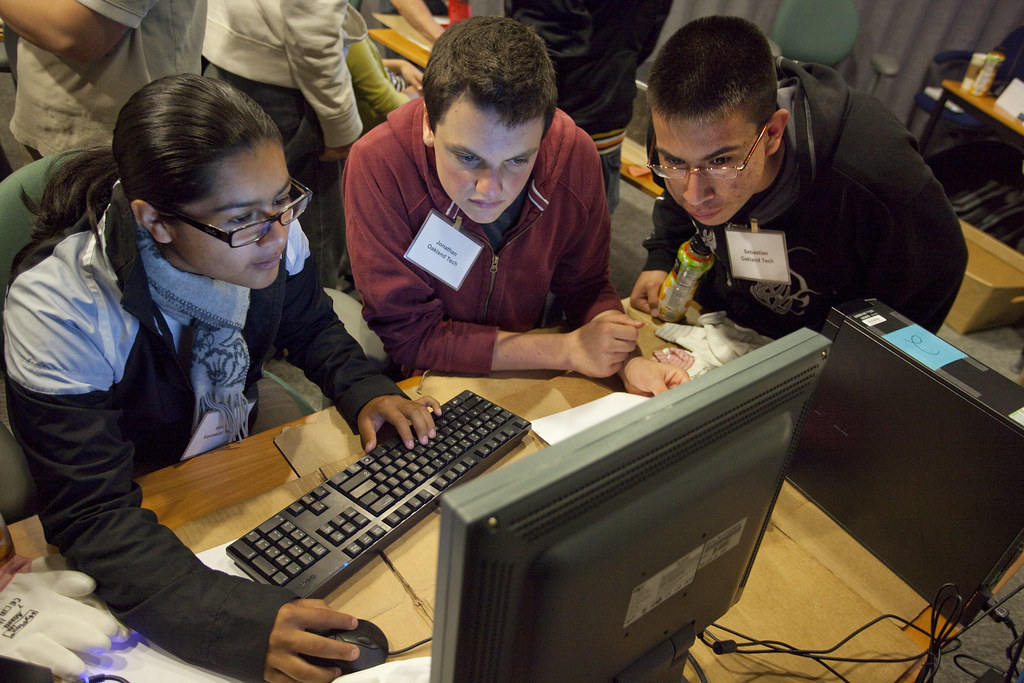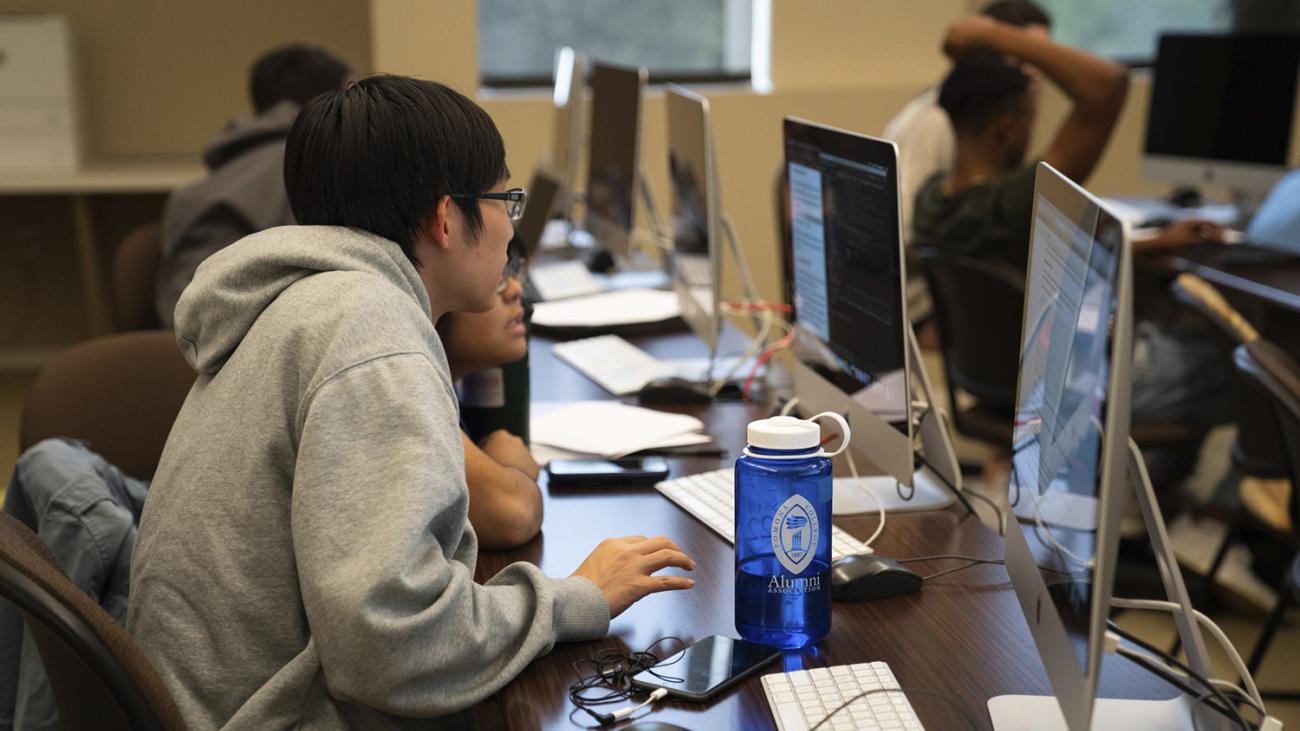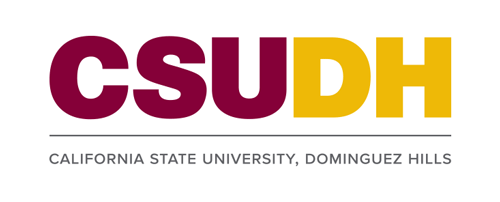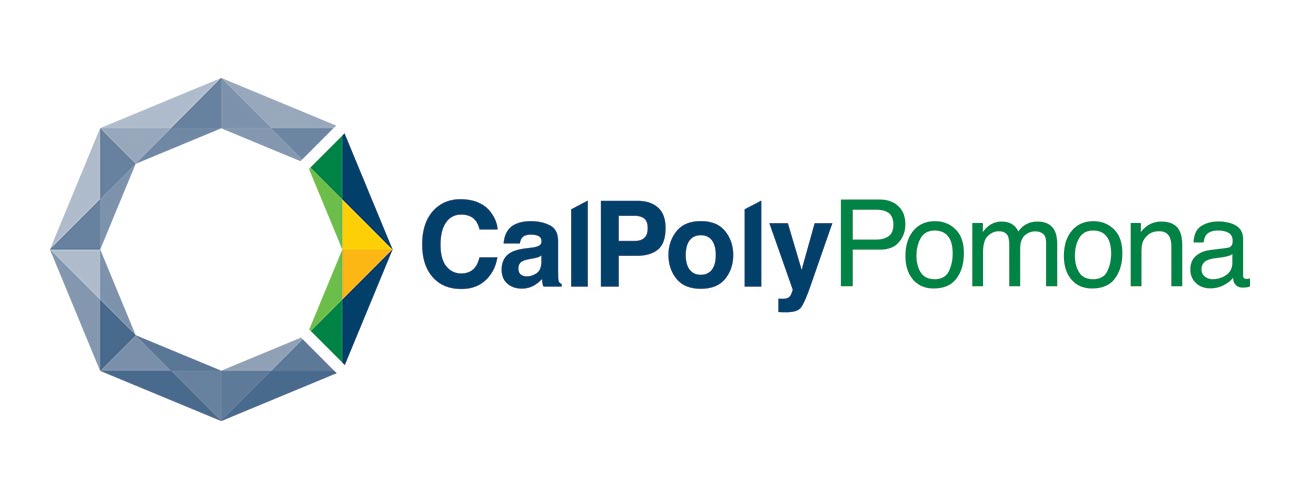

Promoting Hispanic/Latino student retention via community engagement in early CS courses

Pursuit of Accessibility
We aim to transform early Computer Science student experiences in computing with the integration of socially responsible computing curriculum. This project's impact includes creating faculty learning communities to transform computing culture and curriculums that invite marginalized students to opt-in to computing.
We propose both curricular and pedagogical changes integrated throughout the first two introductory computing courses to demonstrate the use of computing in addressing community needs, and employing a new targeted socially responsible computing intervention, using project-based learning to accomplish our goal.
These curricular changes are intended to provide the opportunity for students to see the alignment of communal goals with computing, provide opportunities to apply communication and other community cultural assets, and to ultimately increase students’ sense of belonging in computing.
This project unites computer science educators committed to broadening participation in computing with social scientists with expertise in evaluating inclusive STEM education and with expertise in training faculty working at Hispanic-Serving Institutions.
Our work focuses on developing and evaluating computing curriculum and pedagogy that integrates communal goals into introductory computing courses and promotes socially responsible computing.
Our cross-site collaboration uses a collective impact model to support our shared vision while allowing for sitevariances. The proposed faculty learning community (FLC) uses training and ongoing meetings to orient and supportnew instructors and expand the project impact beyond the grant personnel.







